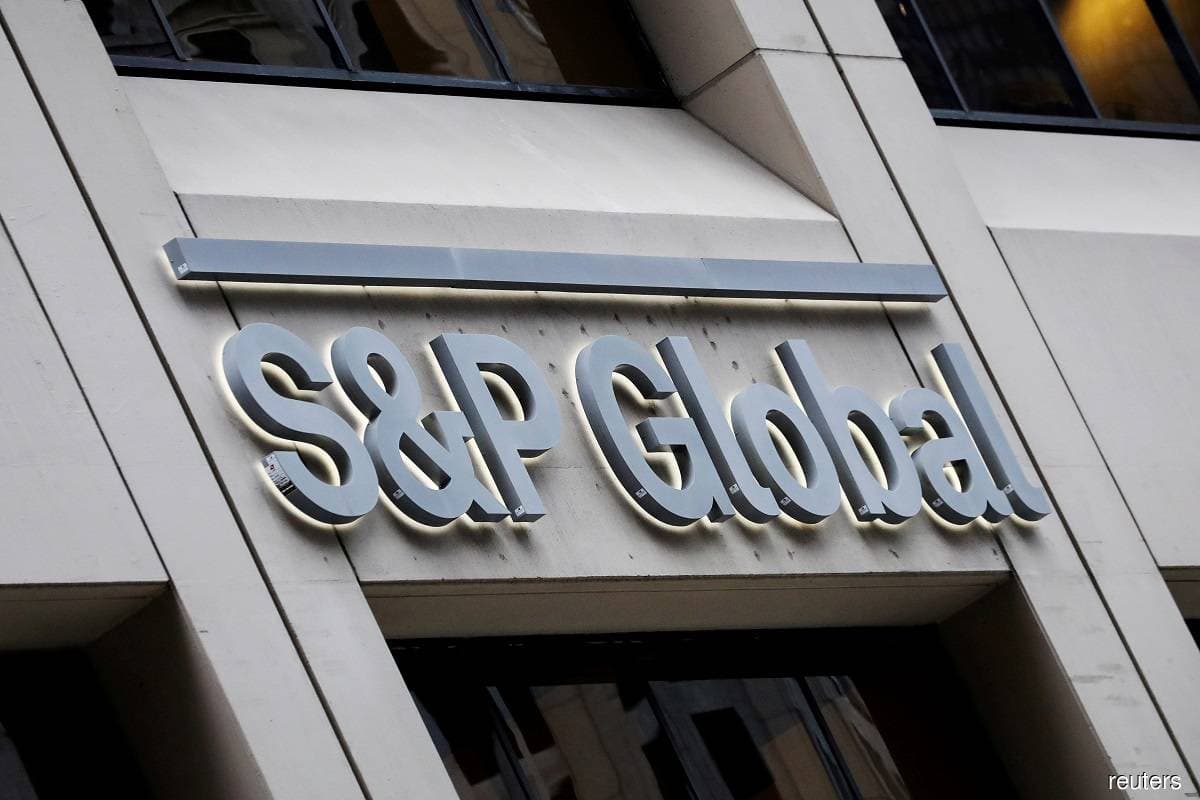
KUALA LUMPUR (July 5): S&P Global Ratings expects further consolidation among Islamic banks in Malaysia, amid the increasing trend of consolidation in terms of businesses and resources into the hands of bigger players.
In a report today, the rating agency said Islamic bank subsidiaries under the eight local banking groups accounted for more than 76% of domestic Islamic financing market share as of end-2020, up from 67% in 2010.
"Several stand-alone, foreign investor-backed Islamic banks are struggling to make profits and are saddled with high non-performing loans. Some foreign investors of those banks are already looking to exit Malaysia after years of underperformance.
"Transactions in the past few years included Malaysia Building Society Bhd's acquisition of Asian Finance Bank in 2017, and the failed merger attempt between Al Rajhi Bank and Malaysian Industrial Development Finance Bhd in 2020," said S&P.
"In our view, more such deals are likely if small Islamic banks cannot find a way to turn around their operations in the tough competition with local banking giants," it added.
Meanwhile, the rating agency said Islamic banks in Southeast Asia will continue to grow faster than conventional banks, given the large Muslim population in many countries in the region and strong demand for Shariah-compliant financial products.
Having said that, it noted that these institutions have seen disruptions due to the pandemic.
"Amid new waves of infection, Islamic bank growth rates will likely moderate and asset quality stress will persist for longer," said S&P.
It added that the high levels of forbearance for both conventional and Islamic banks would mask the true extent of weak loans in the emerging markets, adding that temporary relief measures, which have aided stressed borrowers, may have potentially masked asset quality problems and understated the impact on earnings and capital.
The rating agency also touched on Malaysia's new six-month blanket loan moratorium that will take effect from July 7, which will prolong the recovery for all the country's banks, including the Islamic lenders.
The previous moratorium had resulted in flat non-performing financings (NPFs) for Islamic banks, which stood at 1.3% at end-2020, versus 1.4% in 2019.
"We think the asset quality trend of Malaysian Islamic banks will follow similar trends and patterns as their conventional peers given their largely identical credit profiles. That means close to 50-60 bps credit cost for the industry by the end of 2021," it said.
Islamic banks in Malaysia have been the key driving force of credit expansion among Malaysian banks in the past decade, and this trend should continue despite the pandemic, S&P noted.
It projected that the overall banking sector will see 4% loan growth in 2021, with Islamic banks likely to see more than double that — at around 10% or more.
"Shariah-compliant banks have been consistently gaining market share, controlling more than 36% of the banks' assets at 2020 year end. Growth will be driven by household credits, where market demand remains resilient.
"This includes demand for residential mortgages given the extension of the Home Ownership Campaign deadline and instalment-plan purchases of goods. We see lower levels of growth for personal loans and credit cards, because of the higher credit risk," it added.